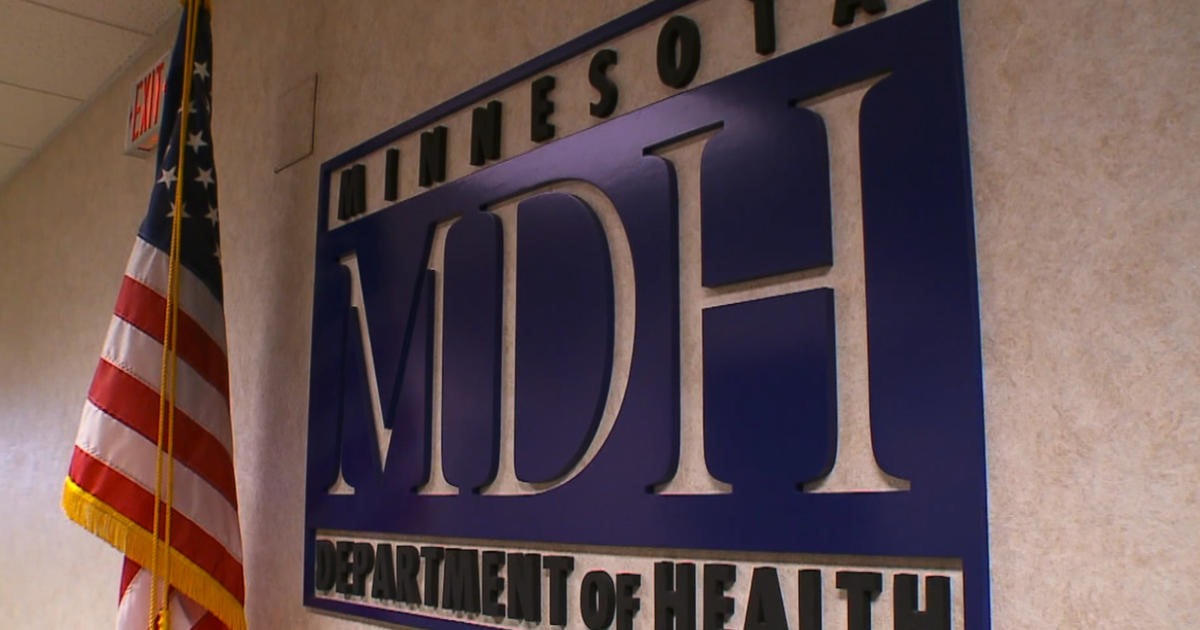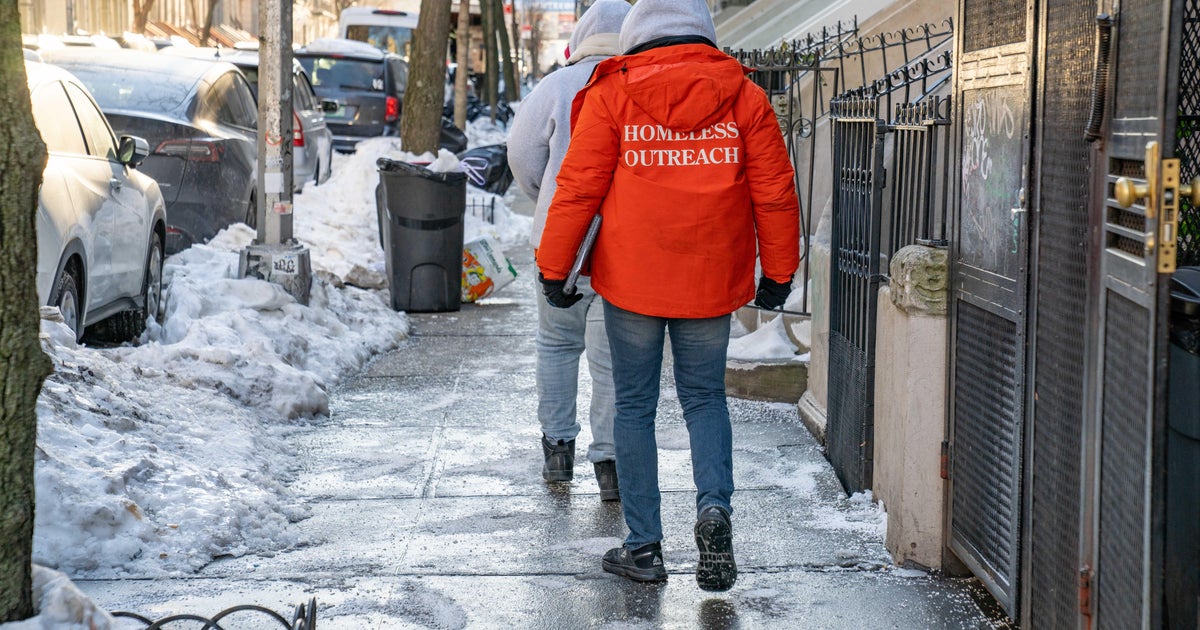U.S. hits 3 million confirmed coronavirus cases as some states see surge of infections
The number of confirmed coronavirus cases in the U.S. surpassed 3 million on Wednesday, according to a tally from Johns Hopkins University. The virus has killed more than 131,000 people nationwide.
Globally, more than 11.8 million cases have been reported and over 545,000 people have died due to the virus.
The grim milestone for the U.S., which has more reported cases than any other country, was reached as states see a surge in infections. A record 60,000 new cases were reported in the U.S. in a single day, on Tuesday.
The surge comes after many states started lifting restrictions, with those that were among the first to start reopening their economies, such as Florida and Texas, seeing a spike in cases.
Texas once again broke its single-day record for new coronavirus cases this week, reporting 10,028 new cases Tuesday as officials warned that hospitals are reaching capacity. The previous daily record was 8,260 new cases, on July 4.
More than 200,000 cases have now been reported across the state, according to the Texas Department of State Health Services. Coronavirus hospitalizations have more than doubled in Texas over the last two weeks. The military is planning to send medical personnel to San Antonio to support overworked doctors and nurses.
After Florida began reopening, Miami-Dade County's daily rate for confirmed COVID-19 cases skyrocketed from about 300 a day to more than 2,000, according to CBS Miami. Florida took more than three months to reach 100,000 coronavirus cases, but it took just two weeks to get from 100,000 to 200,000.
Intensive care units in more than 50 hospitals in Florida are now full.
In California, Los Angeles and Orange Counties reported a wave of new COVID-19 cases on Tuesday, more than 4,000 and 1,000 in each region, respectively.
Despite rising infections, President Trump has launched an effort to push states to reopen schools in the fall. He also said he believes the country is "in a good place" and will be in "very good shape" in the next few weeks, despite a warning from the nation's top infectious disease expert that the U.S. must confront the pandemic immediately.
Li Cohen and Melissa Quinn contributed to this report.





